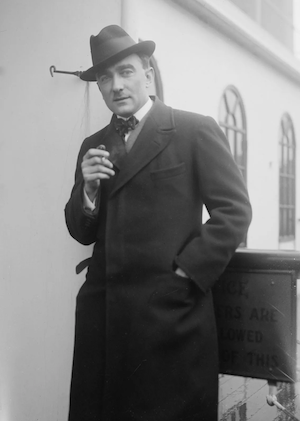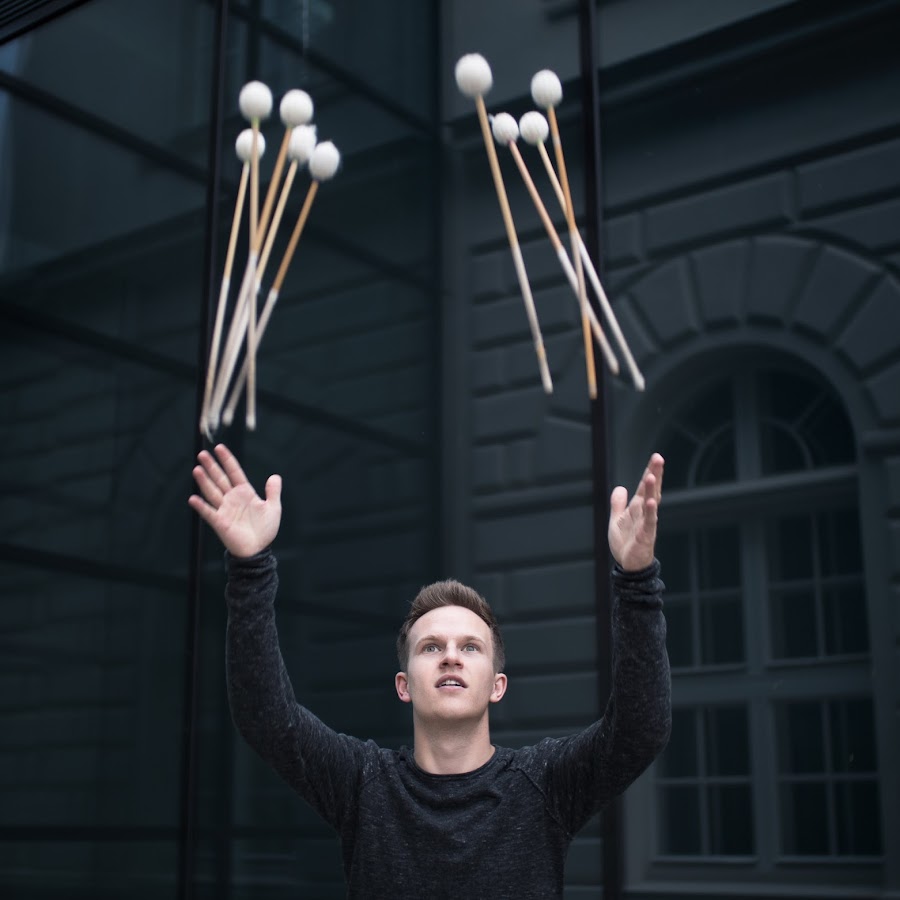By Daniel Hathaway
At 12:15 Noon, George Leggiero performs on the McGaffin Carillon in University Circle.
At 7:30, Franz Welser-Möst leads The Cleveland Orchestra in the second of three subscription concerts featuring Christoph Sietzen (pictured) in Johannes Maria Staud’s new percussion concerto.
And at 8 pm, Cleveland Uncommon Sound Project presents Jonah Parzen-Johnson, baritone saxophone & flute, Bbob Drake, sound artist, and Kristen Ban Drake, poet, vocalist, and analog synth player at Convivium 33 Gallery.
Check our Concert Listings for details of these and forthcoming events.
CONCERT UPDATES:
The Tri-C Classical Piano Series has announced a change in artist for its recital on Sunday at 2 at the Art Museum. Maxim Lando will replace Jan Bartoš, who is ill. Program to be announced.
The Cleveland Chamber Music Society has announced a venue change for its opening concert on October 17. The Belcea Quartet will play at Disciples Church rather than at Plymouth.
NEWS BRIEFS:
The North Carolina radio station which had announced a ban on Metropolitan Opera broadcasts earlier in the week, has reversed course after meeting with harsh responses on social media.
“Rhiannon Giddens, a North Carolina native [and Oberlin alumna] who shared the Pulitzer Prize this year with Michael Abels for their opera Omar, wrote an open letter voicing her displeasure over the station’s stance and noted that challenging adult themes are staples of many of the most popular operas of the past.
“The Met broadcasts are the only way many people get to hear the productions, which are situated in New York and priced way out of many people’s budgets,” Giddens wrote. ‘Radio is supposed to be egalitarian and an equalizer, not used as a weapon, as you are doing.’”
Read the New York TImes story here.
TODAY’S ALMANAC:
By Jarrett Hoffman
On this date in 1882 in the village of Tymoszówka, now in Ukraine, one of the great Polish composers was born: Karol Szymanowski. Beloved in his home country, he has received a slew of state honors, both during his life and after it.


Perhaps one reason his music found lasting appeal even toward the end of his life is that it didn’t occupy a single style that eventually fell out of fashion, but rather evolved greatly over time. He moved from the early influence of the late German Romantics, to an impressionistic and somewhat atonal period, to his fascination with the folk music of the Polish Highlanders as part of an ambitious interest in creating a national style.
On that note, enjoy a set menu today (on the house, generously) containing one piece of music from each of those periods: the Étude Op. 4, No. 3, the First Violin Concerto, and the Fourth Symphony — in essence a piano concerto, for which he was soloist for the premiere.
Performances here are by pianist Daniel Pollack, violinist Christian Tetzlaff with the Helsinki Philharmonic Orchestra, led by Susanna Mälkki, and pianist Leif Ove Andsnes with the City of Birmingham Symphony Orchestra, led by Simon Rattle.





